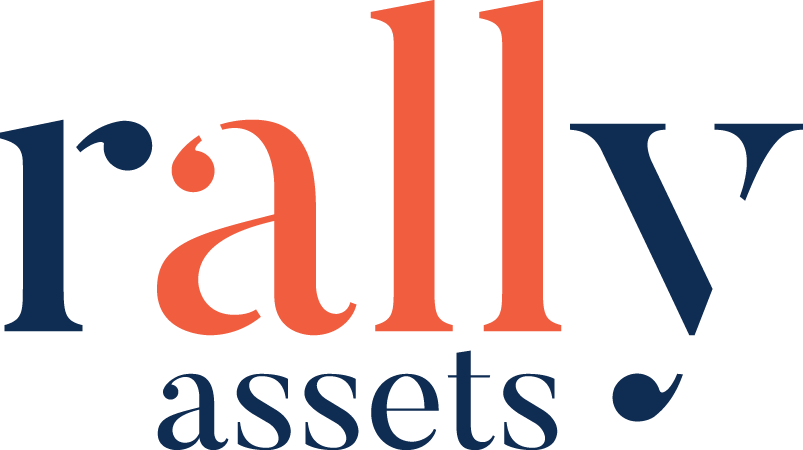Building the Trust Infrastructure: How to Turn Capital Markets Towards Impact

Alexandra Lee, CFA, CPA, MBA
Portfolio Manager, Custom Impact Portfolios
Scaling Impact
Diverting more capital into impact investments is both urgent and complex. Global public markets alone hold hundreds of trillions of dollars, so the challenge is not necessarily capital availability, but creating conditions that enable investment in purpose-driven organizations to compete alongside traditional investments. Philanthropic and government capital remain critically important, but they alone cannot meet the scale required to address today’s global and local challenges. Unlocking capital markets on a sustained basis requires reliable, transparent financial and impact information. Strong governance and accountability practices such as audited financial statements, strong boards, effective risk management and robust impact reporting should not be viewed as costs to be minimized, but as essential enablers of scale.
Enablers of Scale
Smaller impact-focused funds and social enterprises sometimes underinvest in governance and accountability, seeing them as prohibitively costly, which limits their ability to attract capital beyond philanthropy. To reach larger pools of capital outside their existing supporters, they must demonstrate the rigour expected in mainstream markets because traditional investors are accustomed to the safeguards of public markets, where companies meet minimum standards of governance, disclosure and reporting before being listed on a public exchange. Insufficient governance and accountability increase uncertainty and deter broader investors, whereas strong practices in purpose-driven organizations build the credibility and trust that protect both mission and capital.
Smaller purpose-driven organizations sometimes lack the resources to fully implement best practices, which is why investment sizes are typically adjusted downward to account for higher inherent risk. In this context, foundations and catalytic capital providers have played a pivotal role. Investing with full awareness of these risks, they have prioritized impact, enabling mission-driven enterprises to establish track records, strengthen governance and demonstrate viability. Without these early champions, the flow of capital into impact investing would have been far slower. As purpose-driven organizations grow and seek to engage mainstream investors, however, expectations evolve.
Transparency, verification, audits, timely disclosures, and consistent reporting shift from optional to essential, forming the trust infrastructure required to unlock capital at scale.
Unlocking the Trillions
Traditional investors are accustomed to meeting minimum standards of governance, disclosure and reporting; for impact investors, those standards are just the beginning. To attract traditional investors and mobilize the trillions available in capital markets, social enterprises must deliver both competitive financial returns and verifiable impact, anchored in strong governance and accountability. When these practices are firmly in place, capital is one step closer to flowing with the scale and confidence required to meet global challenges.
